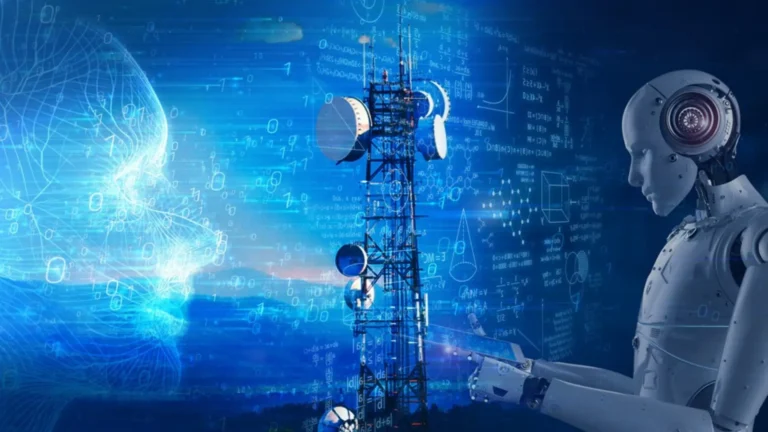
AI is Revolutionizing Drone Technology
Drones, once considered a novelty, are rapidly becoming integral tools across various industries. This transformation is largely fueled by the integration of artificial intelligence (AI), which is pushing the boundaries of what drones can achieve. AI is not just making drones smarter; it’s fundamentally changing how they operate, making them more autonomous, efficient, and versatile.
The marriage of AI and drone technology is creating a synergy that unlocks unprecedented capabilities. AI algorithms enable drones to perceive their environment, make decisions, and execute tasks with minimal human intervention. This autonomy is crucial for applications that require drones to operate in complex or dynamic environments, where real-time decision-making is essential.
Autonomous Navigation and Obstacle Avoidance
One of the most significant impacts of AI on drone technology is the enhancement of autonomous navigation and obstacle avoidance. AI-powered drones can analyze sensor data, such as images and lidar scans, to create detailed maps of their surroundings. This allows them to navigate complex environments, avoid obstacles, and plan optimal flight paths. Advanced AI algorithms enable drones to adapt to changing conditions, such as wind gusts or unexpected obstacles, ensuring safe and efficient operation. This capability is particularly valuable in applications like package delivery, infrastructure inspection, and search and rescue operations.
Enhanced Data Analysis and Image Recognition
AI is also revolutionizing how drones collect and analyze data. Drones equipped with AI-powered cameras can perform real-time image recognition, identifying objects, patterns, and anomalies. This capability is transforming various industries, from agriculture to security. In agriculture, drones can analyze crop health, identify pests and diseases, and monitor irrigation systems. In security, drones can perform surveillance, detect intruders, and monitor critical infrastructure. AI-powered image recognition eliminates the need for manual analysis of drone footage, saving time and resources.
Predictive Maintenance and Operational Efficiency
AI is also playing a crucial role in improving drone maintenance and operational efficiency. By analyzing sensor data and flight logs, AI algorithms can predict when drone components are likely to fail, enabling proactive maintenance. This predictive maintenance approach reduces downtime, extends the lifespan of drones, and improves overall operational efficiency. Furthermore, AI can optimize flight planning, reducing energy consumption and maximizing flight time. This is particularly important for applications that require long-range drone operations, such as infrastructure inspection and environmental monitoring.
The Future of AI-Powered Drones
The future of AI-powered drones is brimming with possibilities. As AI technology continues to advance, we can expect to see even more sophisticated and autonomous drones that can perform complex tasks with minimal human intervention. Drones will become increasingly integrated into our daily lives, transforming various industries and applications. From autonomous delivery services to advanced environmental monitoring, AI is driving the evolution of drone technology, shaping the future of aerial operations. The sky is indeed the limit for AI-powered drones.



